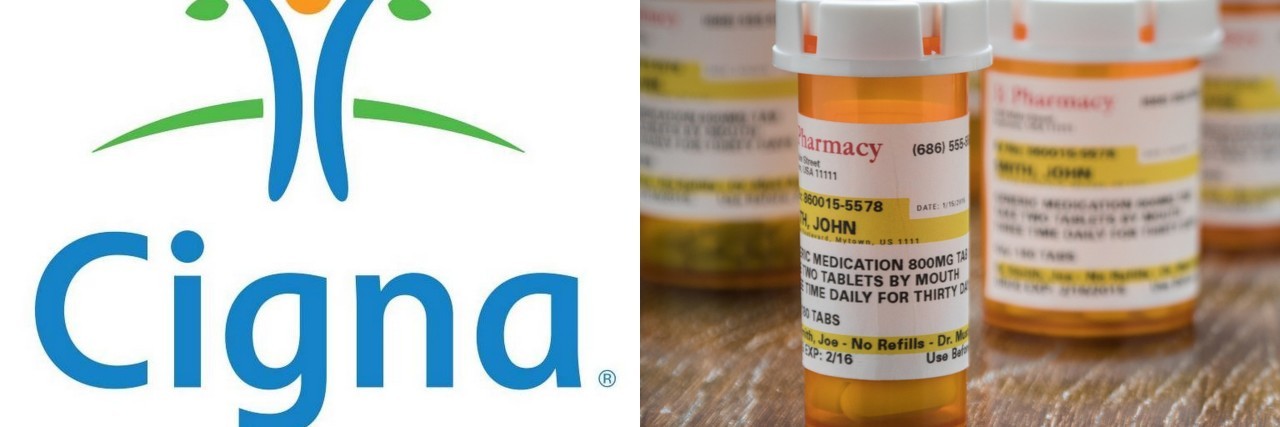Health insurance company Cigna is launching a new campaign aimed at preventing opioid addiction by delivering information about opioids and their risks via text message.
Patients can text “Help with Pain” to Cigna at 25792 before a health care provider visit. They will then receive a text back with questions to ask their care provider about options for managing pain and the risks and benefits of prescription opioids.
They’ll then receive a second text with a link to Cigna’s “Help With Pain” website, where patients can enter the name of the drug to discover if it’s an opioid and information about developing a “pain plan” with their doctor.
“It only takes 10 days,” the website states. “With just a 10 day prescription, one in five people have an increased risk of opioid addiction. But there are steps you can take to help protect yourself right now.”
Cigna is partnering with a “group of influencers” who will help raise awareness about opioid addiction and share “simple, preventative solutions.” These influencers include Kansas City Chiefs football player Travis Kelce, chef and author Rocco DiSpirito and Pinteresting Plans blogger Rachel Moore.
In March, Cigna revealed that it had partnered with more than 1.1 million prescribing clinicians to achieve a 25 percent reduction in opioid use among its customers, a goal it had set for 2019 but reached early. The 25 percent goal was selected because it would return customers’ usage of opioids to “pre-epidemic” levels.
To achieve this goal, Cigna notified physicians of risks of possible misuse or overuse, worked with 85,000 prescribers annually whose patients have a “concerning pattern” of opioid prescription use to ensure the prescriptions were appropriate and opened a counseling helpline to veterans and their caregivers.
Cigna also said that this summer, it will limit the duration of certain opioid prescriptions and limit daily dosage measurements to certain quantities. Medicare, Walmart and CVS Pharmacy have already enacted similar limitations on opioids.
Though Cigna’s efforts to combat the opioid crisis focus on doctors’ prescribing habits and people who were prescribed opioids, the majority of people who use opioids do not become addicted. Studies have shown anywhere from between less than 1 percent and 12 percent become addicted. The majority of people who do abuse opioids begin with opioids that were not prescribed to them. Studies indicate just 25 percent began with opioids from their doctors, most people get them from friends and family.
Research has also indicated that fentanyl is now involved in a majority of fatal opioid overdoses — from 14 percent in 2010 to 46 percent in 2016. From 2015 to 2016, the overall drug overdose rate increased by 21.5 percent, according to the Centers for Disease Control. Meanwhile, there was an 8.9 percent average drop nationwide in the number of prescriptions for opioids that were filled.

